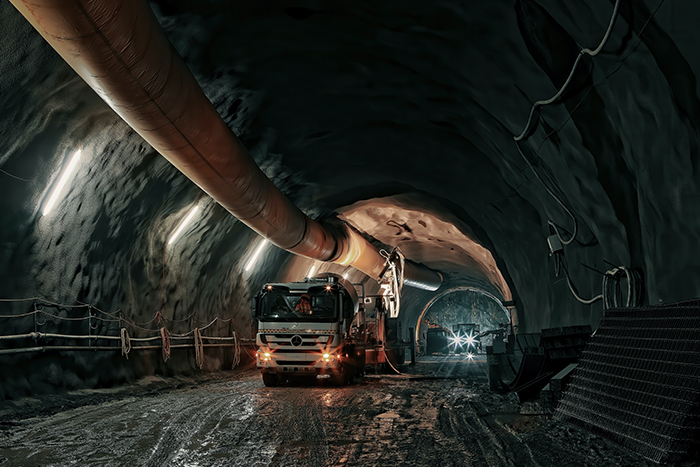Mining is a job of real men. It pays well but it requires toughness of heart and character because it necessitates great skills aside from a lot of risks and plenty of moments in seclusion involved.
There are three conditions that are applicable in a gpu employment contract. These are the residential mining, Fly In – Fly Out (FIFO), and Drive-In Drive-Out (DIDO) terms. In residential mining, you will be working in the mine while you reside in a house that you own or rent. If your house is very far from the site, you need to rent a house in a community near the mine so that you can report for work and go home to your own place everyday or as your shift ends.
FIFO and DIDO are different. In FIFO, your company will fly you in to the site to work during the period of your roster. During this time, you will be made to stay in a local accommodation that you have to share with fellow mine workers. As your work period ends, the company flies you back to your place for your week off. FIFO rosters can last for two to three weeks with one week off.
A DIDO condition allows you to drive in to the site at the start of each roster and drive out of the site when your roster ends.
Many mine workers prefer residential mining because it can keep their families intact. But there are setbacks that lay on the way, and these are the elements that you need to evaluate carefully if you are interested to work in a mining site. Here are the advantages and compromises of living in a mining community:
1. It allows you to live in your own home.
This is the number one advantage of residential mining. You can always go home to your family, rest in your own bed, and enjoy your privacy each day.
2. Residential mining enables you to perform standard working hours.
If you can report for work and go home everyday, you will be allowed a standard 40-hour work week with two days off. This is different from the conditions given to FIFO workers. They are required to work for two to three weeks before they are granted one week off. The availability of standard working hours and rest periods is the number one reason why mine workers choose to move to mining communities.
3. It allows you to establish relationships.
Mining towns are small and they usually make their residents close to each other. Lasting friendships are not uncommon in these places.
4. It is financially rewarding.
Living in the vicinity of the mine site you work for can save you some money which you could have spent on transportation and unnecessary expenses.
5. Residential mining increases your chances for continuous work.
Companies, most especially mines, prefer workers that are always available. It is one of the top reasons why people living near the site almost always find permanent jobs in mining companies.
These are some of the advantages of living in a mining village. They can be well enough for some. Yet, it has a few setbacks which include:


